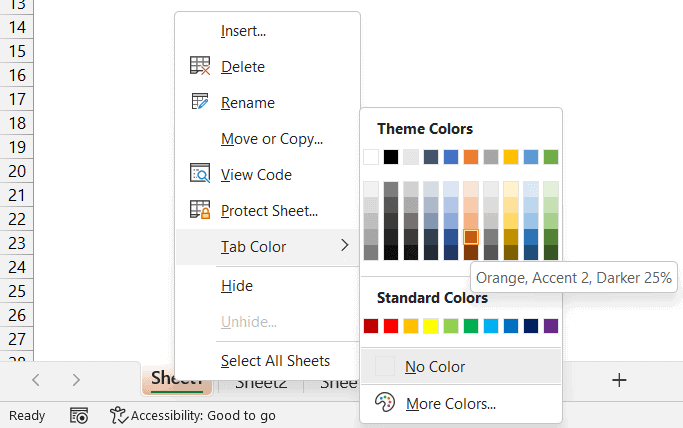5 Essential Documents to Collect from Paying Clients

Collecting Essential Documents from Paying Clients

Collecting essential documents from paying clients is not only crucial for legal protection and compliance but also for maintaining clear, professional relationships. Every business, whether a startup or an established company, needs to secure specific documents from clients to facilitate seamless transactions, uphold contractual agreements, and safeguard against potential disputes. Here's a detailed guide on the 5 essential documents you should collect from your paying clients.
1. Purchase Order or Sales Contract

The foundation of any client transaction is often a Purchase Order (PO) or a Sales Contract. This document specifies the:
- Product or Service: A clear description of what is being bought or sold.
- Quantity and Price: Details of the quantity, price per unit, and total cost.
- Delivery Terms: When and how the goods or services will be delivered.
- Payment Terms: Including the timeline for payment, penalties for late payments, etc.
📝 Note: Ensure the contract or PO includes a clause for acceptance of terms to avoid ambiguity.
2. Credit Application Form

For clients who require payment terms or a line of credit, a Credit Application Form is necessary. This form should:
- Verify the client’s creditworthiness.
- Collect necessary information like business details, credit references, and financial statements.
- Include any guarantees or security for the credit.
💳 Note: Always perform a credit check before extending credit to mitigate risks.
3. Proof of Insurance

To protect your business against potential liabilities, clients should provide:
- Certificate of Insurance (COI): Proof that they have adequate insurance coverage.
- Types of Insurance: Liability, workers' compensation, auto insurance, etc., depending on the business context.
Request that they name your company as an additional insured party on their insurance policy.
4. Signed Agreement or Terms of Service

Clients must sign an agreement or accept your terms of service. This document outlines:
- Scope of Work: What you will deliver to the client.
- Payment Terms: When and how payments will be made.
- Confidentiality: Terms to protect proprietary information.
- Liability Limitations: Clauses to limit your liability.
- Dispute Resolution: Methods for resolving disagreements.
✍️ Note: Make sure the client understands all terms and conditions before signing or accepting them.
5. Tax Information

If your business deals with international clients or requires tax documentation, you'll need:
- W-9 or W-8 Forms: For US-based operations, a W-9 for domestic clients or a W-8 series form for foreign clients.
- VAT/GST Number: If applicable, to comply with VAT or GST regulations.
This is important to ensure proper tax reporting and compliance with tax laws in various jurisdictions.
In Summary

Collecting these five essential documents not only fortifies your business operations but also sets a professional standard for your client relationships. By ensuring these documents are in place, you mitigate risks, streamline accounting, and foster trust with clients through transparency and accountability. Remember that:
- Contracts and POs establish the groundwork for all dealings.
- Credit applications protect against financial risk.
- Insurance certificates secure your business from liabilities.
- Signed agreements define the scope of work and legal obligations.
- Tax forms ensure compliance with legal and financial reporting requirements.
Implementing these practices can lead to smoother business operations and an overall improved business health.
Why do we need a Purchase Order or Sales Contract?

+
A Purchase Order or Sales Contract ensures that both parties have a clear understanding of what has been agreed upon, including the product, price, and terms, to prevent future disputes or misunderstandings.
Can we accept verbal agreements without written contracts?

+
While verbal agreements can be legally binding in some jurisdictions, they are hard to enforce and prove. Written contracts are preferred for clarity and dispute resolution.
How often should I review or update these documents?

+
Review these documents annually or whenever there are changes in business practices, client requirements, or legal regulations to ensure they remain relevant and effective.



